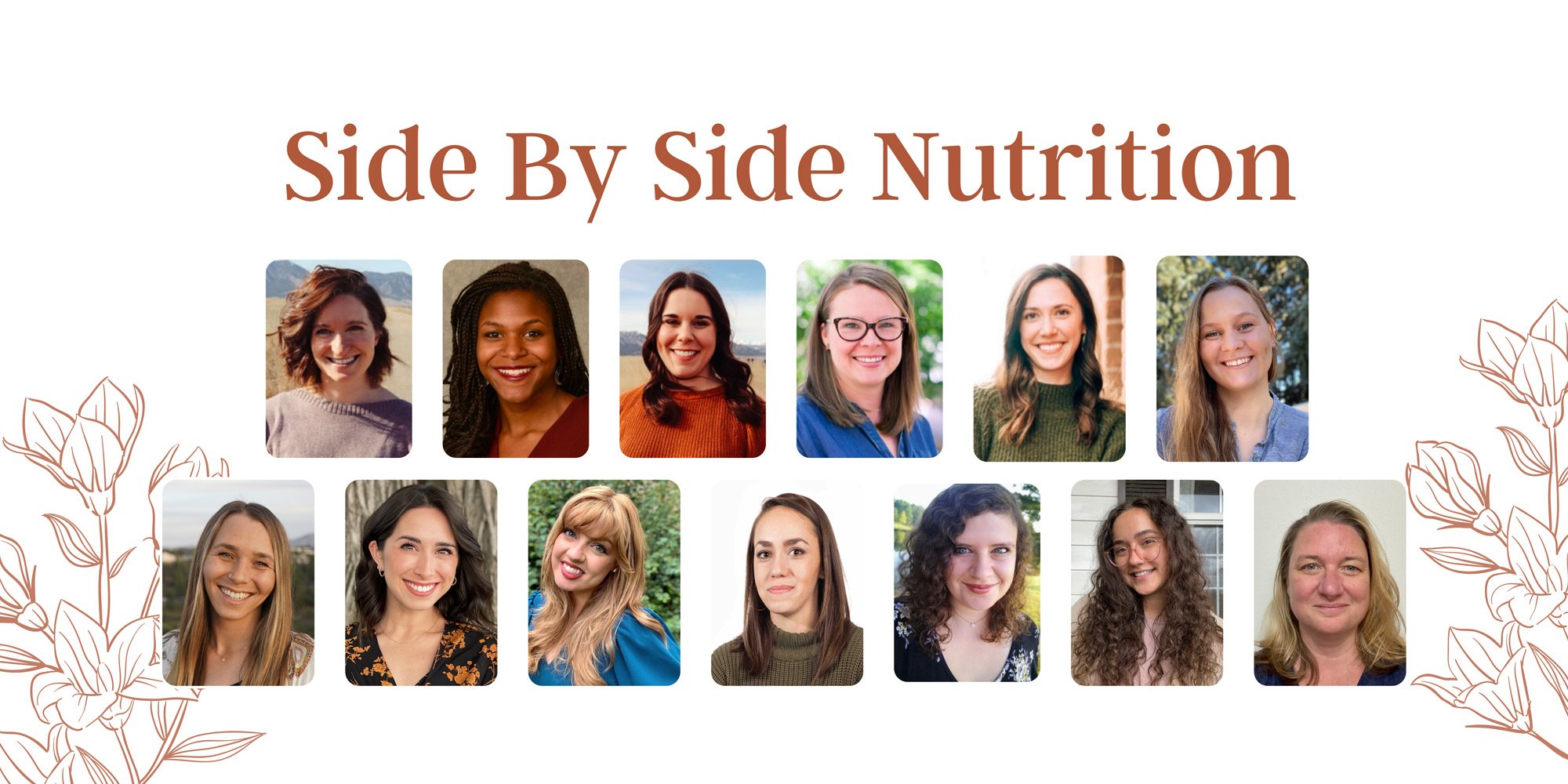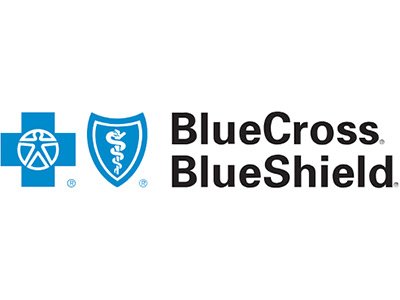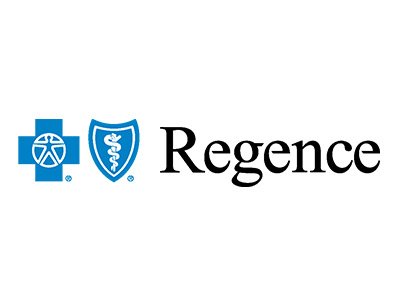Risks of Disordered Eating, Restrictive Eating, and Chronic Dieting:
While restrictive eating and chronic dieting may not satisfy the criteria for a diagnosed eating disorder, they can still very much negatively affect both physical and mental health. Chronic dieting, specifically, is linked to cycles of weight loss and regain, commonly known as "yo-yo dieting," which can harm metabolism, increase weight setpoint, increase food distrust, and contribute to psychological distress.
It's important to be aware of these described behaviors and to seek assistance if necessary. If these behaviors worsen or persist, they may develop into clinically recognized EDs like Anorexia Nervosa, Bulimia Nervosa, or Binge Eating Disorder. Seeking professional support from healthcare providers, dietitians, or mental health experts is EXTREMELY beneficial.
Although it may seem daunting at the moment, we want to tell you that complete recovery is possible and support is available. Our team of dietitian nutritionists, experts in nutrition therapy for eating disorders, disordered eating, and body image counseling, is uniquely qualified to collaborate with you and the treatment team, guiding you toward achieving full recovery.





























Recent “graduate” from Side by Side Nutrition. I started working with SBSN to figure out how food worked after having an eating disorder for years. And I’m so happy I got so much more than that! SBSN introduced me to Self-Compassion and met me with an approach that never included shaming me. I looked forward to our sessions every week, even if I hadn’t done any of my work, because I knew she’d be understanding and work with me to figure out what I needed to make it happen. And none of that compassion and presence was lost when we had to switch to telehealth. When I started, I didn’t think healing from an eating disorder was possible. And I never in my wildest dreams imagined that I’d come out of it with an unshakable love for my body (certainly not a plus size body with chronic illness)! I’m so glad circumstances sent me here because I know I wouldn’t have gotten to this place with my previous dietician! I am STRONG, I am CONFIDENT, and I am in LOVE with myself! Thank you so much for helping me on my journey here! It wasn’t easy, but it was so worth it!
Michaela Myers